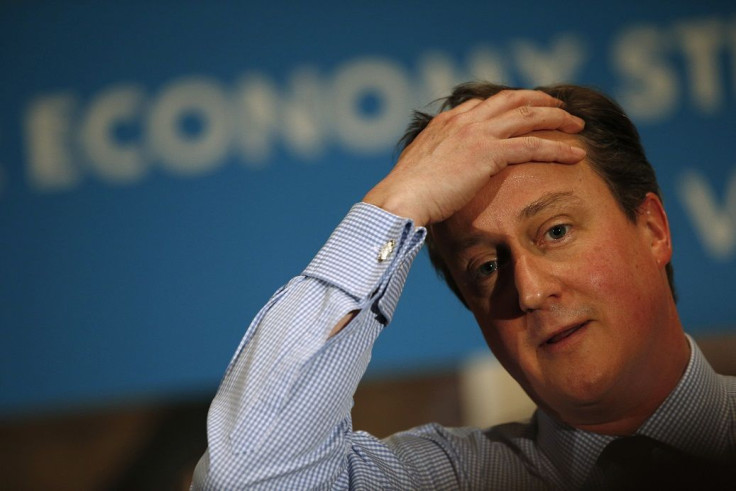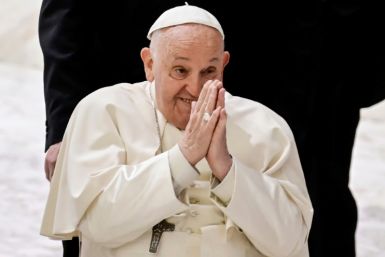British PM David Cameron Plans To Crackdown On Religious Radicals: Even Facebook Posts May Need Police Nod

Soon after forming the first all-Tory government since 1992, British Prime Minister David Cameron has got into action mode by planning to bestow fast-track powers to curb radicalisation efforts in the country. The move also speaks of Mr. Cameron’s free hand unlike the constraints in the previous coalition when his Communications Data Bill had to be shelved because of opposition from the Deputy Prime Minister Nick Clegg and his Liberal Democrats. Mr. Cameron’s intent to bring in a counter-extremism bill will also find articulation in the Queen's Speech. Among the proposed security measures will be--ban on extremist organisations and curbs on people seeking to radicalise youngsters.
Passively Tolerant
Defending the new measures, PM Cameron noted the situation in Britain of being "passively tolerant” needs to change. He was speaking at the National Security Council after unveiling the anti-radicalisation measures aiming to crack down on “extremist” views that violates Britain’s consensus, reports Independent. “For too long, we have been a passively tolerant society, saying to our citizens "as long as you obey the law, we will leave you alone. It's often meant we have stood neutral between different values. And that's helped foster a narrative of extremism and grievance,” Cameron added. The fall out of new security laws may see strong action on the likes of preachers like Abu Hamza and ISIS hit man Mohammed Emwazi also called as Jihadi John.
Home Secretary Theresa May told BBC Radio 4 that the new measures are aimed at safeguarding tolerance and rule of law, which are core ‘British values’. “The measures are part of a bigger picture, a strategy which will also have as a key part of it actually promoting our British values, our values of democracy, rule of law, tolerance and acceptance of different faiths,” she said.
Sweeping Powers
Under the new powers, courts can force a person to send his tweets and Facebook posts for validation by police. There will be new powers that can close down premises where extremists seek to influence others. The Charity Commission will be empowered to root out charities who misuse funds towards extremism and terrorism. Immigration restrictions on extremists will be made tough. Communications regulator Ofcom can take action against channels, which broadcast extremist content. The Government will also regulate the social media by keeping a vigil on people's activities on the internet and social media.
(For feedback/comments, contact the writer at k.kumar@ibtimes.com.au)






